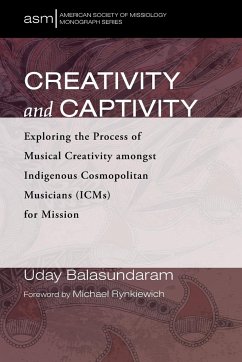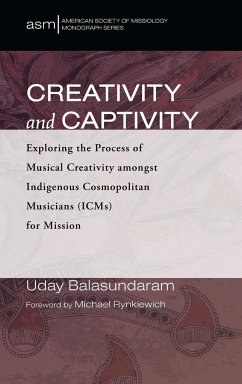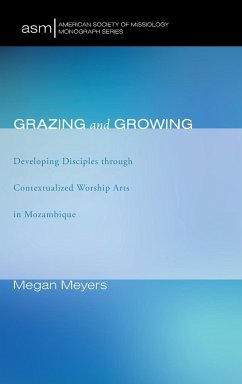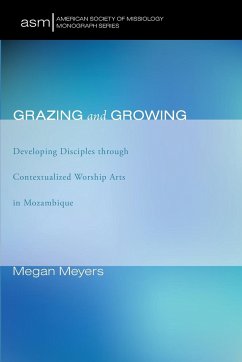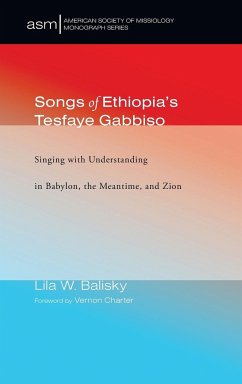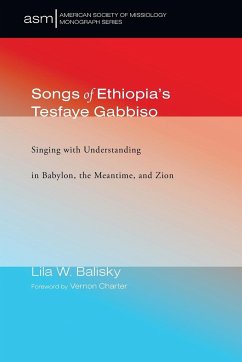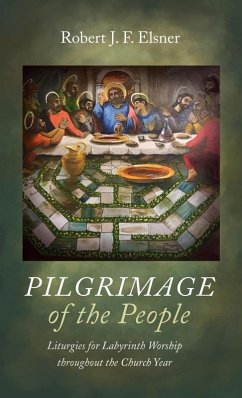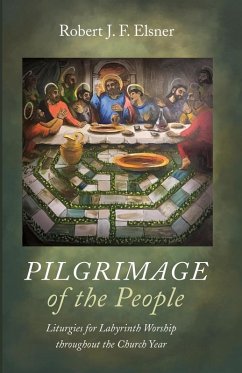Ultimately, what really does it mean to be creative? How can we see ourselves as participating in the creativity of God for mission? All people are creative. Sadly, however, for many, creativity is stifled and remains stunted due to several reasons--social, economic, political, cultural, and even spiritual. This study explores how ICMs--indigenous cosmopolitan musicians--negotiate their creativity amid the liminal spaces they occupy as they share in the creativity of God for mission through their music. But what exactly does it mean to share in the creativity of God for mission? Contrary to popular notion, ICMs evidence that creativity is not merely innovation; it is not a psychological metric for measuring human potential; it is certainly not the ""icing on the cake"" reserved for a few so-called creatives or artists. Rather, ""theological creativity"" is participation in the creatio Dei; it is theologically prior to mission. As a missiological framework, creatio Dei is understood here in terms of creative being, creative construction (design), and creative performance. Hopefully, this book can help clarify and expand our understanding of what it means to be truly creative and, thereby, with the help of the Creator, put into practice principles of theological creativity as we share in the creativity of God in the world, with others.

